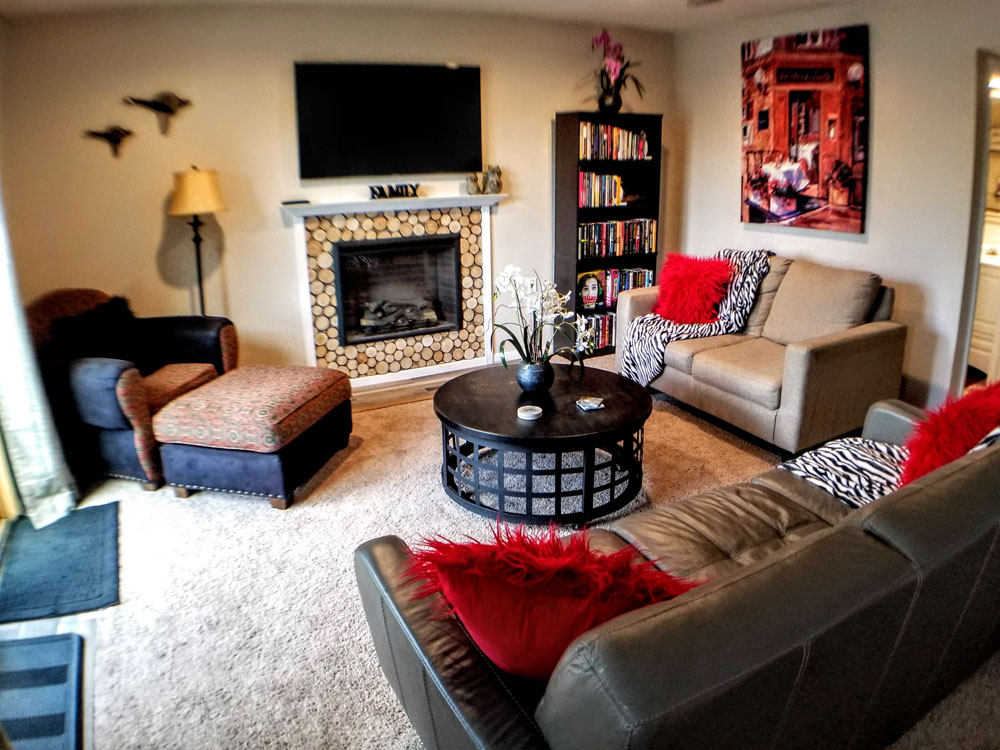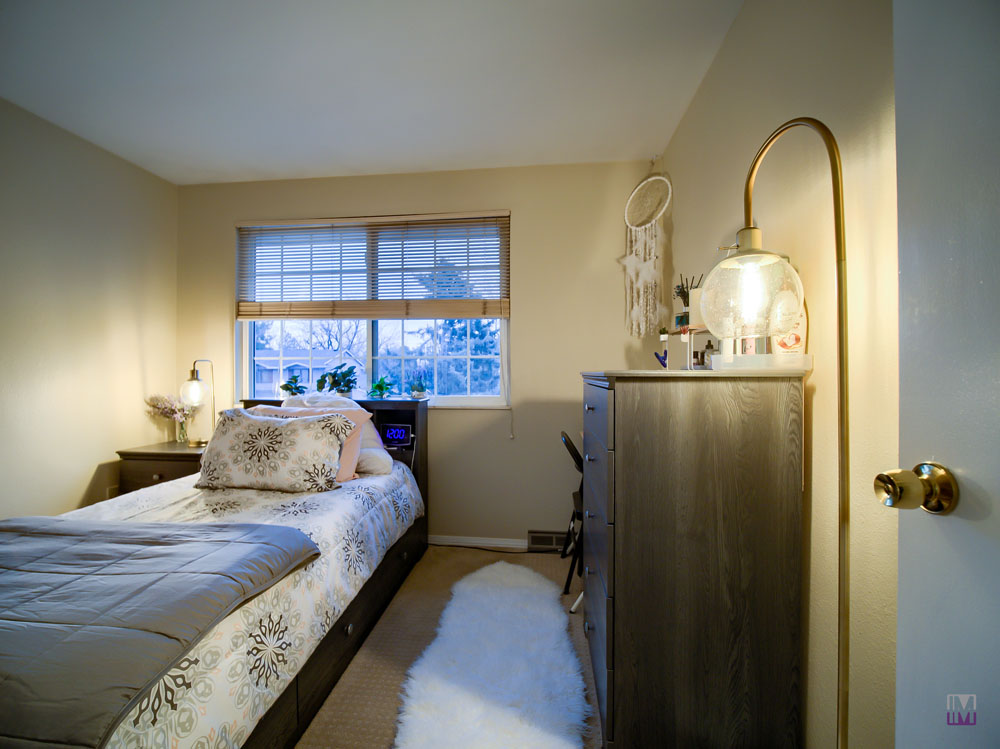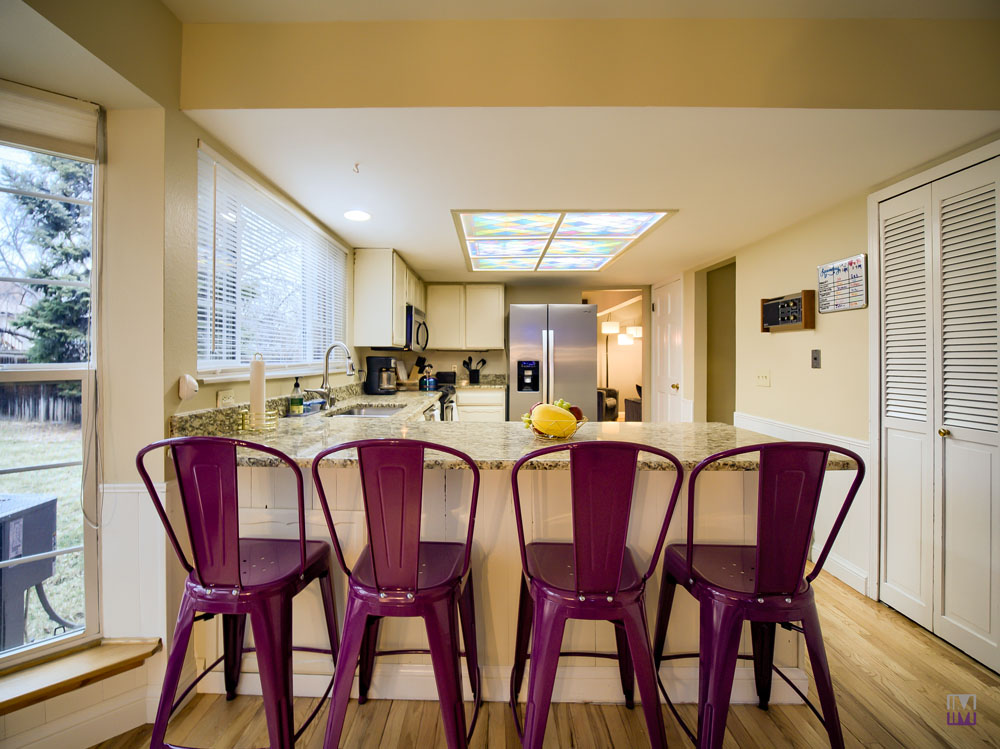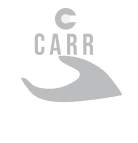Staying sober after rehab isn’t always easy—but it’s possible. That’s where sober living homes come in.
These structured, substance-free spaces give people the support they need to rebuild their lives—one day at a time. Studies show that individuals who stay in recovery housing for at least six months are significantly less likely to relapse.
So, do sober living homes really work? Let’s break it down.
What Are Sober Living Homes?
Sober living homes are group residences that provide a safe, structured, and drug-free environment for people recovering from addiction. They act as a bridge between rehab and independent living, helping residents build routines and life skills while staying focused on sobriety.
Unlike rehab centers, sober living homes don’t have strict treatment schedules. Instead, they offer flexibility, allowing residents to work, attend school, or volunteer while living in a supportive community. These homes typically have rules—curfews, mandatory meetings, and regular drug testing—to encourage accountability and discipline.
Research supports their effectiveness. A study published in the Journal of Psychoactive Drugs found that 68% of residents maintained sobriety after six months in a sober living home. The same study also reported improvements in employment rates and reductions in arrests.
Sober living homes are particularly helpful for those leaving inpatient programs or facing unstable living situations. For people at risk of relapse, these homes provide the stability needed to develop healthy habits and transition back into everyday life.

Key Benefits of Sober Living Homes
Sober living homes offer more than just a place to stay—they provide the structure and support people need to maintain sobriety and rebuild their lives. Here’s how they make a difference:
A Safe and Substance-Free Environment
Recovery can be fragile, especially in the early stages. Sober living homes remove the temptation of drugs and alcohol, allowing residents to focus entirely on their recovery without distractions.
A study highlighted how living in a drug-free space reduces cravings and relapse triggers. It’s easier to stay committed when everyone around you shares the same goal—sobriety.
Peer Support and Accountability
Living with others who understand the struggles of addiction can be incredibly motivating. Residents often build strong bonds, creating a built-in support system that’s hard to find elsewhere.
Mutual accountability plays a big role here. Group rules, check-ins, and regular meetings help residents stay focused while providing encouragement during tough moments. According to a study, peer connections significantly improve long-term recovery outcomes.
Smooth Transition Back to Everyday Life
Going straight from rehab to the real world can feel overwhelming. Sober living homes make that jump less intimidating by offering a middle ground—structure without the restrictions of inpatient treatment.
Residents can work, go to school, or attend therapy sessions while practicing their coping skills in a supportive setting. Studies show that people who stay in sober living homes long enough to develop routines are more likely to avoid relapse and maintain employment.
Access to Recovery Resources
Many sober living homes go beyond providing a roof—they connect residents to therapy, job counseling, and life skills programs. These tools help residents become independent and set them up for long-term success.
A study found that residents who engaged with these resources were more likely to stay sober and employed even after leaving the program.
Personal Growth and Self-Discipline
Rules like curfews and drug tests might sound strict, but they teach discipline and responsibility—qualities that are key to long-term sobriety. Over time, residents learn to manage their schedules, handle stress, and set realistic goals.
Many residents describe sober living homes as a place where they rediscover who they are—without substances. It’s a chance to rebuild confidence and focus on the future.

Do Sober Living Homes Really Work?
Yes, sober living homes work for many people by providing a structured and supportive environment that promotes long-term recovery. Studies show that individuals who spend at least six months in a sober living home have lower relapse rates and higher employment rates compared to those who return directly to independent living.
Sober living homes work because they bridge the gap between rehab and everyday life. They offer accountability through rules and drug testing while creating a safe, substance-free space where residents can focus on recovery.
Peer support plays a big role too—sharing the journey with others in recovery fosters connection and reduces feelings of isolation, which are often triggers for relapse.
Research also highlights that sober living residents experience improvements in mental health, social relationships, and overall stability.
While they’re not a one-size-fits-all solution, many people find that the structure and support offered in these homes set them up for success long after they leave.
Why Are Sober Living Homes Effective?
Sober living homes are effective because they combine structure, support, and community—key ingredients for lasting recovery. Here’s why they make such a difference:
- Supportive Environment: A sober home offers a drug- and alcohol-free space where residents feel safe and encouraged. Being surrounded by people who share similar goals can create a sense of belonging and motivation.
- Accountability and Structure: With house rules like curfews, drug testing, and mandatory meetings, sober homes promote responsibility. Residents learn discipline while staying focused on their recovery goals.
- Transitional Support: Moving straight from rehab to regular life can feel overwhelming. Sober living homes ease this shift by allowing residents to work, study, and rebuild routines while staying in a structured environment.
- Access to Recovery Tools: Many homes provide resources like job counseling, therapy referrals, and life-skills training. These tools help residents address practical challenges and build confidence for independent living.
- Peer Support and Shared Goals: Living with others in recovery helps residents feel understood. Group activities and meetings build friendships, making it easier to talk openly about struggles and victories.
- Reduced Triggers and Cravings: Being in a drug-free space means fewer temptations. It’s much easier to stay focused on sobriety without exposure to substances or old habits.
- Personal Growth and Confidence: Over time, residents develop skills to manage stress, handle responsibilities, and set healthy boundaries. Many describe sober homes as a stepping stone to independence—and a place where they rediscovered their self-worth.

Challenges to Consider
While sober living homes can be a great tool for recovery, they aren’t perfect. Here are some challenges to keep in mind:
- Cost and Financial Barriers: Many sober living homes aren’t covered by insurance, and costs can add up quickly. It’s important to research affordable options or programs that offer financial assistance.
- Relapse Risks: Despite drug-free policies, relapses can still happen. Witnessing someone else relapse may be emotionally tough, especially for residents still finding their footing.
- Dependency on Structure: Some residents may struggle to transition out of the structured setting. It’s important to use sober living as a stepping stone, not a permanent crutch.
- Quality Differences: Not all sober living homes follow the same standards. Some may lack proper oversight or resources, so it’s worth doing some homework before committing to a program.
- Personality Conflicts: Sharing a home with others isn’t always easy. Disagreements or personality clashes can sometimes add stress, although most homes offer support for resolving conflicts.
Tips for Choosing the Right Sober Living Home
Finding the right sober living home can make all the difference in your recovery journey. Not all homes are created equal, so it’s important to choose a place that feels safe, supportive, and aligned with your goals. Whether you’re fresh out of rehab or just need extra support, knowing what to look for can save you time and stress.

Here are some key factors to consider when choosing a sober living home:
- Location and Neighborhood– Look for a home in a safe, quiet area where you can focus on recovery without distractions. Proximity to work, school, or family can also be helpful.
- House Rules and Structure– Check for clear rules, such as curfews, mandatory meetings, and drug testing. A structured environment can help keep you accountable.
- Peer Support and Community– Find out how the house encourages connection among residents. A sense of community can make a big difference during tough times.
- Staff and Oversight– Make sure the home has experienced staff or house managers who enforce rules and offer support when needed.
- Recovery Resources– Ask about programs like counseling, job training, or connections to support groups. These tools can help you transition back into daily life.
- Cleanliness and Comfort– Tour the home if possible. It should feel clean, organized, and comfortable enough to support your recovery.
- Reviews and Reputation– Look for reviews or testimonials from past residents. Positive feedback can give you confidence in your decision.
If you’re looking for a sober living home that blends structure with support, Zen Mountain Sober Living is worth considering. Located in the Greater Denver area, it offers safe and welcoming spaces where women can focus on recovery without distractions.
With peaceful neighborhoods and thoughtfully designed homes, Zen Mountain provides the perfect environment to rebuild your life.
Zen Mountain goes beyond offering a place to stay. Residents benefit from job counseling, skill-building programs, and group activities that encourage personal growth and connection.
Whether you’re working toward independence or simply need ongoing support, Zen Mountain helps you stay on track and feel prepared for the next chapter.

Conclusion
Sober living homes provide a supportive and structured space where people can continue their recovery journey with confidence.
From offering accountability to connecting residents with valuable resources, these homes help individuals stay focused on their goals while building a foundation for long-term success.
If you or a loved one is ready to take the next step toward sobriety, Zen Mountain Sober Living offers the care, structure, and encouragement you need.
Contact us today to learn more about our programs and how we can support your recovery.



